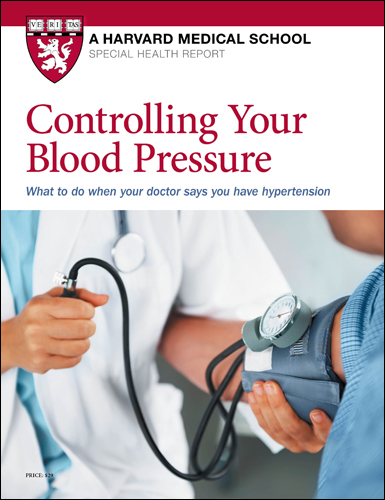Does a low-salt diet really improve your health?
Ask the doctor
 Q.
My doctor has been on my case to cut down the salt in my diet. But I like salt, and I hear that not all medical studies show that a low-salt diet really improves your health. Can you unconfuse me?
Q.
My doctor has been on my case to cut down the salt in my diet. But I like salt, and I hear that not all medical studies show that a low-salt diet really improves your health. Can you unconfuse me?
A. You're right — the value of a low-salt diet for the average person has been controversial. Many studies have shown that a low-salt diet improves cardiovascular health. However, the studies have had limitations: some involved relatively few people, and some measured how much salt people say they eat but not how much salt they actually eat.
A study from Harvard published online Nov. 13, 2021, by The New England Journal of Medicine overcame both of these problems. The study involved nearly 11,000 people who were followed carefully for almost nine years. Researchers measured the amounts of two types of salt the people actually ate: common table salt (sodium chloride) and another mineral often used as a salt substitute (potassium chloride). People who consumed the most sodium chloride had a 60% higher risk of a major cardiovascular event (a heart attack, a stroke, cardiac stent placement, or bypass surgery) compared with those who consumed the least. In contrast, people who consumed the most potassium chloride had a 31% lower risk of a major cardiovascular event compared with the people who consumed the least. In short, this study seems to say that it would be healthy to substitute potassium chloride for common table salt. However, because this is an observational study and not a randomized trial, that conclusion can't be made for sure.
Fortunately, a randomized trial published online by the same journal Aug. 21, 2021, came to a clear conclusion. Nearly 21,000 people in China were randomly assigned, over the next five years, to use a salt substitute that mixed potassium chloride and sodium chloride, or to use regular table salt (all sodium chloride). The study participants all were ages 60 or older, had experienced a stroke in the past, and had high blood pressure (hypertension). In the group that used the salt substitute, the risks of another stroke, a major cardiovascular event, and death were 12% to 14% lower, compared with the group that used regular table salt. We can't know if the same would have been true in younger people, people who are not Chinese, or people who had no history of a stroke or other cardiovascular disease.
Controversial medical issues are rarely completely settled by new studies, because all studies have limitations. Nevertheless, I regard these two studies as providing strong evidence that a diet with a high content of sodium chloride should be avoided, and that we should probably be using salt substitutes containing potassium chloride more often. I will be.
Image: © CatLane/Getty Images
About the Author

Anthony L. Komaroff, MD, Editor in Chief, Harvard Health Letter; Editorial Advisory Board Member, Harvard Health Publishing
Disclaimer:
As a service to our readers, Harvard Health Publishing provides access to our library of archived content. Please note the date of last review or update on all articles.
No content on this site, regardless of date, should ever be used as a substitute for direct medical advice from your doctor or other qualified clinician.
















